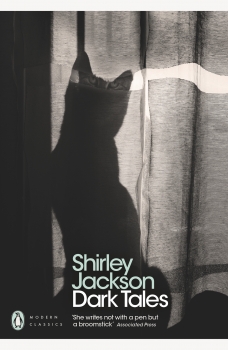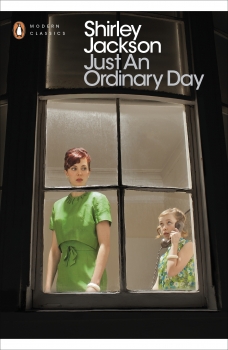Reminiscent of her classic story 'The Lottery', Jackson's disturbing and darkly funny first novel exposes the underside of American suburban life. In Pepper Street, an attractive suburban neighbourhood filled with bullies and egotistical bigots, the feelings of the inhabitants are shallow and selfish: what can a neighbour do for another neighbour, what may be won from a friend? One child stands alone in her goodness: little Caroline Desmond, kind, sweet and gentle, and the pride of her family. But the malice and self-absorption of the people of Pepper Street lead to a terrible event that will destroy the community of which they are so proud. Exposing the murderous cruelty of children, and the blindness and selfishness of adults, Shirley Jackson reveals the ugly truth behind a 'perfect' world. Shirley Jackson was born in an affluent suburb in California in 1916. At university in Syracuse, she met her husband, the future literary critic Stanley Edgar Hyman, with whom she had four children. In 1948 she published her iconic short story 'The Lottery' in The New Yorker, sparking furious letters from readers to the magazine. Her novels - most of which involve elements of horror and the occult - include The Road through the Wall, Hangsaman, The Bird's Nest, The Sundial, We Have Always Lived in the Castle and The Haunting of Hill House. Shirley Jackson died in her sleep in 1965 at the age of 48. "Her books penetrate keenly to the terrible truths which sometimes hide behind comfortable fictions, to the treachery beneath cheery neighborhood faces and the plain manners of country folk; to the threat that sparkles at the rainbow's edge of the sprinkler spray on even the greenest lawns, on the sunniest of midsummer mornings". (Donna Tartt). "Shirley Jackson is one of those highly idiosyncratic, inimitable writers ...whose work exerts an enduring spell". (Joyce Carol Oates). "An unburnished exercise in the sinister". (The New York Times).




